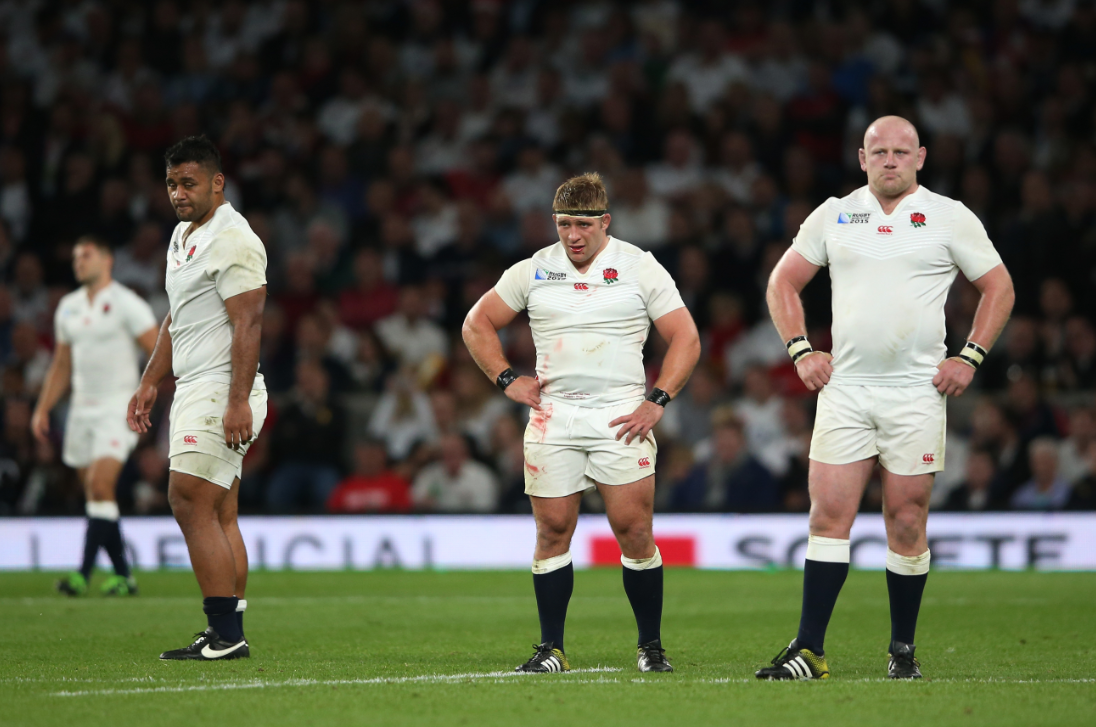Following England's premature Rugby World Cup exit, Dan Reuben asks whether our nation would be better served focusing on only a couple of sports at elite level...
Bernard Foley’s conversion of Matt Giteau’s try on the evening of Saturday 3rd October sealed an Australian victory over England, confirming England’s fate as the first Rugby World Cup hosts in history who have failed to reach the knockout stages on home soil. It also meant that a startling statistic now rings true; three England teams have now been knocked out in the group stages of three different World Cups in the last 16 months.
Whether the fault lies with the team preparation, the management or with the players involved in the failures in Brazil, New Zealand, Australia and in West London, it is certain that this is a problem that cannot be left unsolved for much longer. One solution which seems to have gathered weight in recent weeks is to concentrate more on one or two sports and so reduce the focus on a variety of sport in our country.
For decades, many different English sports teams and individuals have flirted with world greatness.
In 2014, the Sports Personality of the Year award nominees came from ten different sports, ranging from football to dressage to alpine skiing. This was an attempt to increase the public awareness of different sports and to increase participation in sport among younger generations. However, having a variety of sports in the country also has the detrimental effect of reducing the chances of finding the great talents within a specific sport.
If, for example, a talented footballer slips under the radar at a professional academy, the footballer may instead try their hand at another sport. This would cause the pool of footballers being brought up through the academies to be diminished. However, if more funding was given to the most played spectator sports in England, namely football, rugby and cricket, then fewer players of these sports would slip through the net.
These players would also receive a higher level of coaching, meaning that not only would the amount of players to choose from increase but there would be a higher quality of talent in England. This would allow England to be more competitive and to challenge more readily for world titles.
Countries in the southern hemisphere such as New Zealand, South Africa and Australia are key examples in this debate as, consciously or subconsciously, they have long been advocates of concentrating more closely on two sports.
The South African rugby team have played a starring role in the World Cup, winning it twice and always making it out of the group stages since their first appearance in 1995. Their cricket team have likewise been very successful - a constant thorn in England’s side during test series, and the first team to top the world rankings in all three formats of the game simultaneously.
The New Zealand and Australian rugby teams have also enjoyed success in World Cups, with both teams winning it twice and reaching three finals each. The fact that their only other main sport played on an international stage, like South Africa, is cricket, means that their strengths are focused on flourishing in these two sports. Therefore the school curriculum can be geared towards just rugby and cricket, rather than trying to be successful in many different sports.
Check out Kurtley Beale's rather impressive high school highlights, an advocation of Australia's rugby curriculum.
For decades, many different English sports teams and individuals have flirted with world greatness. However the world titles seemed to have, particularly in recent years, overlooked England. By concentrating purely on rugby and football, England would have a better chance at filling up their trophy cabinet which, at present, is merely gathering dust.
Featured image: Twitter / Sky Sports News









